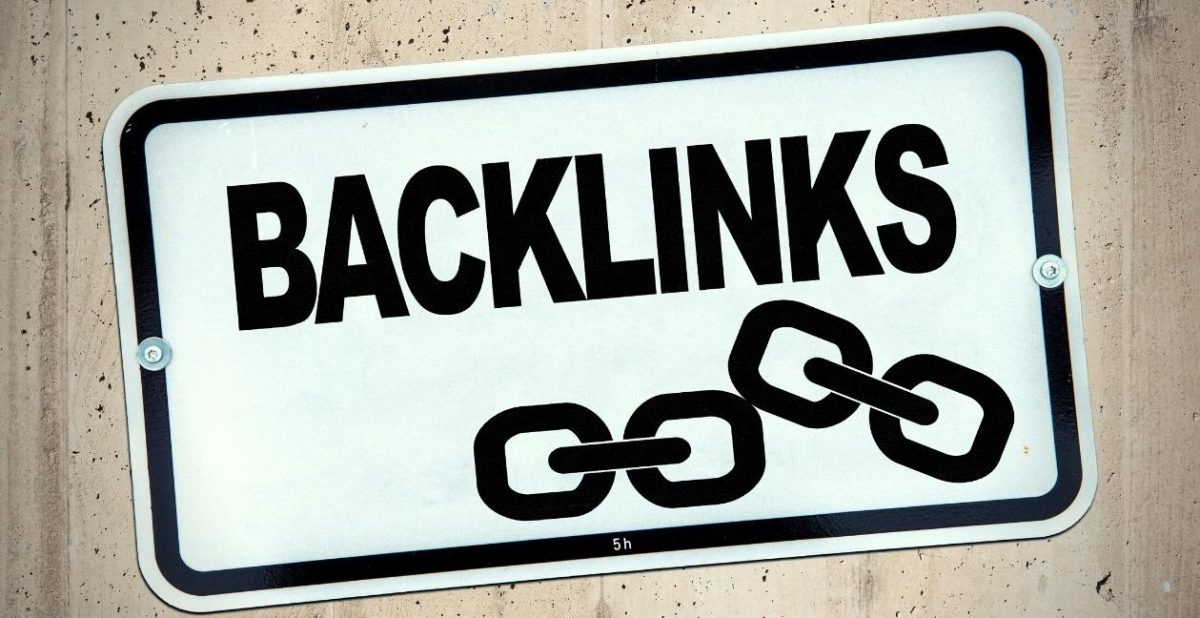The backlink has long been thought of as being a critical element of determining prominence relating to search engine results pages (SERPs). A backlink ends up serving as a sort of endorsement for a website, as multiple backlinks to a website are usually viewed as an indication that a website is a trusted and reliable source for information.
In the end, more backlinks typically translate to higher SERP rankings. Many things have changed with backlinks in recent years, however.
For example, Google now places less of an emphasis on the quantity of backlinks and more on the quality of the backlinks. The changes to search engine algorithms can be frustrating for many digital marketing agents, but backlinks still remain important even if they are not the automatic key to success that they seemingly once were.
History of Backlinks
For as long as search engine optimization (SEO) has existed, backlinks have been prone to abuse by bad actors, and many of these actions directly contributed to search engines modifying their algorithms. It was not uncommon for some companies to use unethical tactics such as outright buying links from third parties to try and increase their SERP rankings.
The spam backlink was basically a link to a website from a low-quality website. One way Google attacked this problem was through its Penguin algorithm update.
The practice of backlink spamming was more common years ago when multiple websites would attempt to link to one another in an attempt to try and bolster their backlink counts and improve their rankings. The problem with the practice is that some websites would only be collections of links to other less relevant websites that made them less useful to search users.
It was also once common for companies to use automated link building tools, but this again created multiple backlinks from websites that were of decidedly lesser quality. These tools not only crippled search engines when it came to providing good links but also made it difficult to evaluate the quality of links.
Many search engines have now taken steps to address the backlink issue, and some of the most common tactics include:
- Algorithms which identify and penalize websites engaging in backlink spamming.
- Artificial intelligence (AI) and machine learning that more accurately evaluates the quality and relevance of backlinks.
Even with these kinds of efforts, backlink spamming is still a major problem on the internet. There is continual hope that as search engines continue to refine their efforts, online abuse will only continue to be less effective and make the practice of backlink spamming less useful for those seeking to game the SEO system.
Backlinks Now
A recent poll by Barry Schwartz of Search Engine Roundtable found that 60 percent of SEOs today believe backlinks are not as effective as they were in the past.This meant 40 percent still believed it was as effective as it was a few years ago.
The algorithms search engines use to evaluate the relevance and trustworthiness of backlinks will take into account multiple factors. Examples include:
- Relevance of a linking website.
- Relevance of anchor text used in a link.
- Overall authority of a linking domain.
In other words, a website with a large number of backlinks no longer gets the SEO boost from having so many backlinks. Backlinks are now only valuable when the links come from reputable resources.
The increase of AI and machine learning in these algorithms has meant that it is now easier for search engines to identify and then penalize any bad actors. Lower-quality backlinks are no longer helpful, and links gained through unethical means do not get much in the way of results.
All of this has contributed to something of a devaluing of backlinks. Many companies are now cautious about backlinks because a spammy backlink can cause more problems than it can provide benefits.
Although backlinks are still critical to SEO in general, they are certainly becoming much less prominent with each passing year. It is difficult to gauge how a search engine will evaluate the quality of a backlink.
Instead of concentrating on acquiring as many links as possible, website owners now need to place a greater emphasis on obtaining links that are of the highest quality, meaning links to high-quality and relevant content. When websites link to more trusted sources, they are much more likely to see gains in the SERP rankings, offer value to their users, and build trust with search engines.
Google’s Duy Nguyen said in a Search Engine Roundtable post that, “backlinks as a signal has a lot less significant impact compared to when Google Search first started out many years ago.” With the search landscape continuing to evolve, the importance of backlinks in determining a website’s ranking on search results has thus decreased.
Although backlinks are not the end-game for SEO, they can still play a major role in improving a website’s visibility with search engines. To maximize the benefits of backlinks and avoid being penalized by search engines, website owners must follow all best practices.
Backlinks and SEO
The first thing a company needs to focus on is creating high-quality and relevant content that will be helpful and valuable for its users. Doing this will hopefully make other websites want to link to your content and help you earn organic backlinks.
People should always steer clear of any link building schemes. While these tactics could provide some kind of short-term boost, the effect will not last and search engines will ultimately detect and then penalize websites that engage in these tactics.
This means that companies should focus on building relationships with other websites and industry experts that can help them earn much more natural and high-quality backlinks. The best way to do this will be to publish useful information and resources that are helpful content.
You will also want to regularly monitor your backlink profile to ensure the quality and reputation of any websites that are linking back to you. This will also help identify spammy inbound links that could be a part of a negative SEO campaign attack from malicious competitors.
Tools like Google Search Console, Semrush, and Ahrefs can help companies get insights into the websites linking to their content and the anchor text being used.
The Importance of Getting High-Quality Backlinks
Even though the importance of backlinks in SEO has been decreasing, they still play an important role in improving a website’s SERP ranking. It is important for a company to follow all best practices and focus on creating helpful content that earns natural and high-quality backlinks.
Backlink SEO Help in Houston, TX
SERP Matrix offers link building services for companies needing help developing their backlinks. We understand how important backlinks are to many companies’ SERP rankings, and we know how to effectively garner pristine backlinks that are reputable and trustworthy.
Our links will only be from reputable websites, such as educational websites (.edu), government websites (.gov), video websites, news or journalism-related websites, web directories, rss directories, major blogs, forums, publishers, social media, membership organizations, and other related content sites. Our process will begin with a link building audit, in which we will evaluate your current state of backlinks and work to address any issues.
We provide many other services besides just link building. You can also turn to us for landing page design and testing, as the search engine optimization (SEO) experts at SERP Matrix understand how to create custom landing pages that are stylish and functional.
We utilize both A/B testing and multivariate testing. We not only ensure that your copy is clean, but we also create winning headlines, effective calls to action, stellar images, and of course, high-quality backlinks.
SERP Matrix also handles mobile app development, which is becoming an increasing area of concern for many companies that know most of their website visitors are viewing their website while on their cell phones or other mobile devices. Our process involves developing a business strategy and product review, examining Key Performance Indicators (KPI), looking at user personas, use-cases, and primary user journeys, helping with feature ideation, definition, and prioritization, conducting product positioning reviews, performing a technical and system review as well as a design review and monetization review, and then finally the launch and post-launch review.
We handle all web design and development issues, designing and developing static websites, dynamic websites, e-commerce websites, corporate websites, small business websites, mobile applications and websites, responsive websites, content management system (CMS) websites, personal websites, government websites, and non-profit organization websites. SERP Matrix can deliver you regular reports about your performance so you will always be aware of many different performance metrics and any possible issues of concern.
We are ready to answer all of your questions when you get in touch with us. You can call (713) 287-1134 or contact us online to set up a free consultation.








